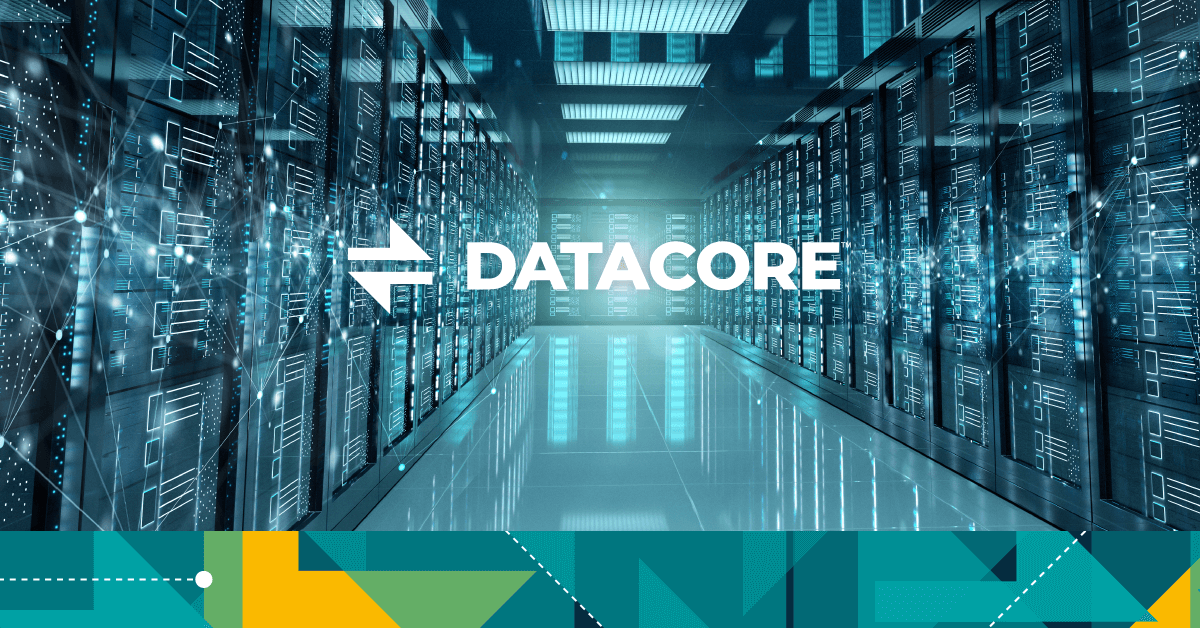Exploring DataCore and Swarm: Innovative Solutions for Data Management
As technology continues to evolve, so does the need for efficient data management solutions. Two popular options that have emerged in recent years are DataCore and Swarm. In this article, we’ll explore what these technologies are, how they differ, and their potential benefits for your IT company.
What is DataCore?
DataCore is a software-defined storage solution that allows organizations to virtualize and manage their storage infrastructure across different hardware platforms. With DataCore, companies can consolidate their storage resources, reduce costs, and simplify storage management.
One of the key features of DataCore is its ability to create a virtual storage pool that spans different types of storage devices, including SAN, NAS, and DAS. This enables companies to take advantage of their existing storage investments while also incorporating new technologies as needed.
DataCore also offers advanced data services such as data protection, replication, and migration, making it an all-in-one solution for storage management.
What is Swarm?
Swarm, on the other hand, is a distributed storage platform that uses a peer-to-peer network to store and manage data. Swarm is built on top of the Ethereum blockchain, which provides a secure and decentralized infrastructure for data storage.
One of the key benefits of Swarm is its ability to automatically replicate data across multiple nodes in the network, ensuring high availability and data durability. Swarm also offers advanced features such as data encryption and smart contract integration, which can help companies ensure data privacy and security.
Swarm is designed to be highly scalable and can accommodate large amounts of data. This makes it an attractive option for companies that need to store and manage massive amounts of data.
How do they differ?
DataCore and Swarm differ in several ways, including their architecture, technology, and use cases.
DataCore is a centralized storage solution that relies on a virtualized storage pool to manage storage resources across different hardware platforms. It is primarily designed for companies that need to consolidate their storage infrastructure and simplify storage management.
Swarm, on the other hand, is a decentralized storage platform that uses a peer-to-peer network to store and manage data. It is designed for companies that need a highly scalable and secure storage solution that can accommodate large amounts of data.
Another key difference between DataCore and Swarm is their technology. DataCore is built on traditional storage technologies such as SAN, NAS, and DAS, while Swarm is built on top of the Ethereum blockchain. This makes Swarm a more modern and innovative solution, but also requires a different set of skills and expertise to implement and manage.
What are the potential benefits for your IT company?
Both DataCore and Swarm offer a range of potential benefits for your IT company, depending on your specific needs and requirements.
DataCore can help your company consolidate your storage infrastructure, reduce costs, and simplify storage management. With DataCore, you can take advantage of your existing storage investments while also incorporating new technologies as needed.
Swarm, on the other hand, can help your company store and manage large amounts of data in a highly scalable and secure way. Swarm is also designed to be highly available, ensuring that your data is always accessible when you need it.
Ultimately, the choice between DataCore and Swarm will depend on your company’s specific needs and requirements. If you need to consolidate your storage infrastructure and simplify storage management, DataCore may be the right choice for you. If you need a highly scalable and secure storage solution that can accommodate large amounts of data, Swarm may be the better option.
In conclusion, both DataCore and Swarm offer innovative and efficient solutions for data management. By carefully evaluating your company’s needs and requirements, you can choose the solution that is right for you and take advantage of the benefits that these technologies offer.

